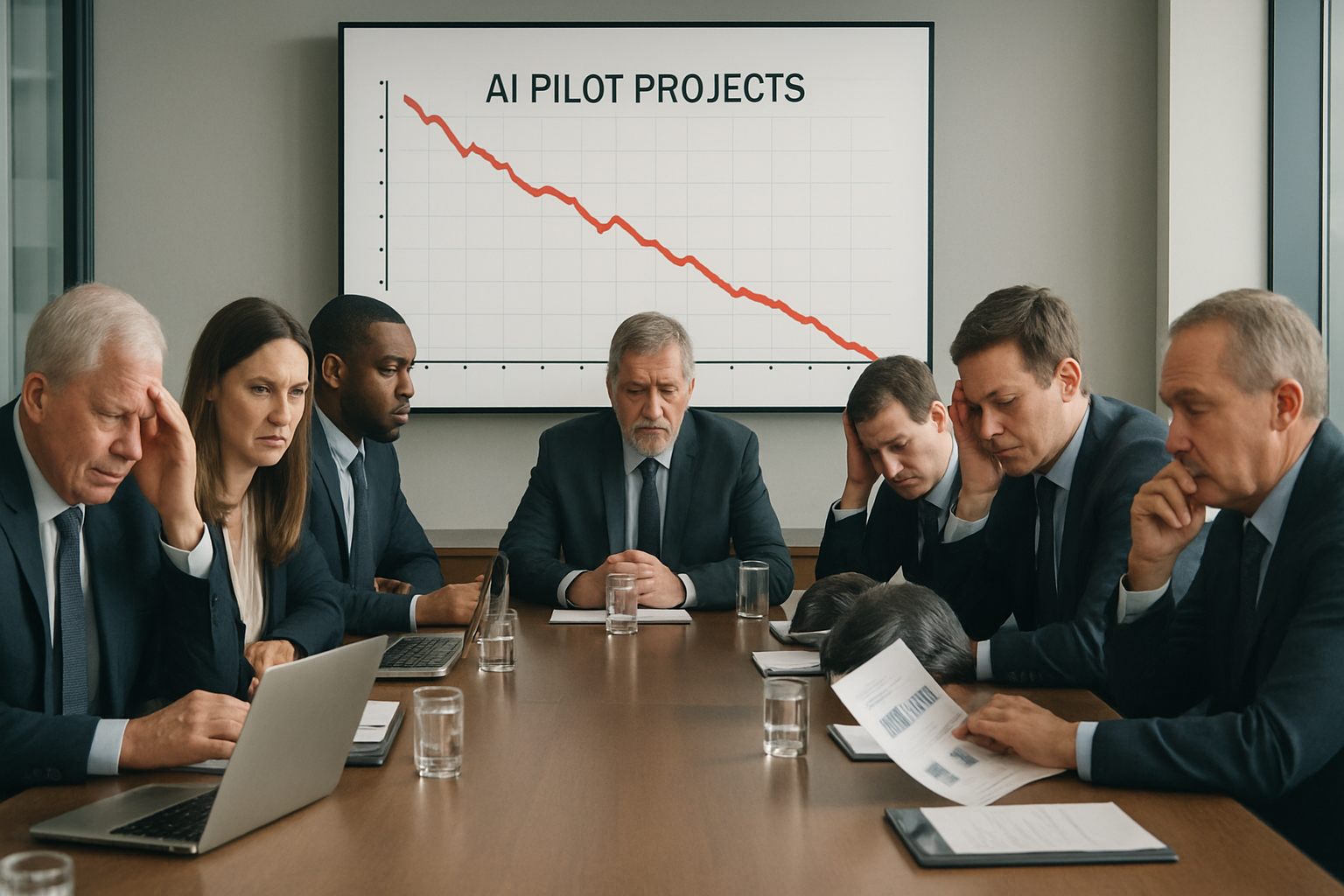In a moment that felt almost nostalgic for the pre-pandemic political era, President Trump and Prime Minister Starmer emerged Monday with confident smiles and firm handshakes, announcing they're "finalizing" a bilateral trade agreement to slash tariffs between their nations.
The markets responded with what I'd call cautious optimism—not exactly popping champagne corks, but certainly nodding appreciatively.
But here's the thing about this deal: it's got a hole in the middle you could drive a lorry through. Despite all the diplomatic fanfare, steel tariffs—arguably the most contentious trade issue between the two countries—remain conspicuously unresolved.
It's a bit like announcing you've finished renovating your house while the kitchen is still a construction zone.
I've covered Anglo-American trade relations since the Brexit vote, and this latest episode follows a familiar pattern. Earlier this month, Trump blindsided global markets by doubling metals tariffs to 50%, sending British manufacturers scrambling for their calculators and anxiety medication. Days later came the "clarification" (don't you love diplomatic speak?) that the UK would stay at the original 25% rate.
Special relationship, indeed. "We're punishing you less than everyone else" isn't exactly the stuff of Churchillian rhetoric.
The provisional agreement supposedly puts both nations on a path toward zero steel tariffs eventually. But as my dad used to say about promises from politicians, "I'll believe it when the check clears." Steel producers operate on planning horizons measured in years, not tweet cycles... er, news cycles.
One steel executive in Sheffield (who asked not to be named because, well, who wants to antagonize a temperamental president?) told me the uncertainty is "absolutely crippling" their ability to make investment decisions. "We're essentially trying to navigate with a compass that spins randomly every few months," he said.
What's fascinating here—from a political economy perspective—is watching the UK navigate exactly the bilateral negotiation scenario Brexit advocates championed. Turns out negotiating one-on-one with an economic superpower is less "taking back control" and more "please sir, may I have another."
The asymmetry isn't subtle. When Trump declares the deal is "gonna produce a lot of jobs, a lot of income," you can practically hear the unspoken "for Americans" hanging in the air. That's not villainous; it's literally his job description.
Meanwhile, British businesses are paying what economists call a "regulatory uncertainty premium." I spoke with three mid-sized manufacturers in the Midlands last week who all said the same thing: they're delaying expansion plans until they know what tariff regime they'll face in six months.
Starmer's insistence that the agreement is "in the final stages now of implementation" has the distinct flavor of wishful thinking. Having sat through countless press conferences where leaders declared things "nearly finished" (remember NAFTA 2.0?), I've developed a healthy skepticism about such pronouncements.
Look, the broader pattern here matters more than this specific agreement. We're witnessing the continued fragmentation of the global trading system from multilateral frameworks toward bilateral dealmaking. It's like watching tennis evolve from tournament play to exhibition matches—the rules look similar, but the dynamics are completely different.
British car manufacturers can exhale slightly—their exports should face lower barriers. That's not nothing.
But the steel issue? Still being hammered out (sorry, couldn't resist).
For businesses caught in this diplomatic dance, the message is clear: read the footnotes, not just the headlines. In international trade agreements, what's excluded often matters more than what's included.
And the markets? They'll take what certainty they can get these days... even if it comes with an asterisk large enough to be visible from space.




